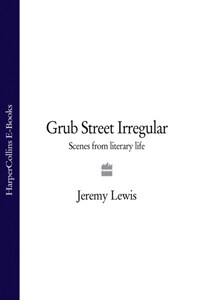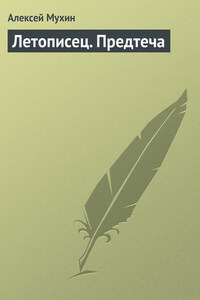As a child, I excelled at nothing, and little has changed since then. I was academically average, but no more; cowardice, short-sightedness, physical ineptitude and a total absence of team spirit ruled me out as a games player; I had no artistic leanings whatsoever, and never had the slightest desire to paint, sculpt or play a musical instrument. I was far too self-conscious to sing or dance: so much so that when, in my unself-conscious, music-loving sixties, I am overcome by a bacchanalian yearning to give voice to my deep bass tones, or to hurl myself into a frenzied tribal dance, or to seize Petra in my arms and whirl her round the kitchen when the New Year’s Day concert of waltzes and polkas comes over the air from Vienna, I know, to my terrible frustration, that I shall never be able to do so, and have to content myself with humming along in my head and a convulsive twitching of the limbs.
Although I have never suffered since, except in the company of women talking interminably about other people’s kitchens, I remember being stupefied by boredom for much of my childhood, and hard-pressed to know how to fill in the long hours, many of which seem to have been given over to watching the rain drumming against the sash windows or being taken for long walks in Battersea Park, where the leaves of the plane trees were coated with the same black soot that left a ring round a forefinger thrust up my nose. I played games of cricket with my teddies in the nursery of our gloomy, rambling, first-floor flat in Prince of Wales Drive, conducted church services when they were not on the games field, and – until I realised that it would never grow back – occasionally trimmed their hair. I pored over maps of imaginary islands, and in order to link them to the mainland I drew red-funnelled Cunard liners, all of which were mounted on castors and trundled along the bottom of the ocean (that being the way I briefly assumed boats moved about the world). I was good at making people laugh: still more so since I was, and remain, superhumanly flatulent, and adept at snarling farts that sent my sister, and later my school friends, into paroxysms of mirth.
When not farting or consorting with my teddies – one of whom I took with me on my first term at public school, hastily hiding him away in my tuckbox when I realised that the other boys were more interested in cigarettes and cider – I greatly enjoyed making lists: a commonplace juvenile obsession shared, in later life, with Cyril Connolly and his father, a bibulous major who was also a world authority on snails and potted meats. Making lists seems, in retrospect, a particularly sterile activity, but it was all-absorbing at the time. I began with Mammals of the World, and to satisfy my craving I asked my parents and family friends to give me books on the subject for Christmas and my birthday. I read these carefully, and every time I came across the name of a mammal I had never heard of before, I entered it in a red-covered exercise book. I tried at first to arrange them in descending order, with apes and monkeys in the front, the egg-laying echidna and duck-billed platypus bringing up the rear, and dogs, cats, cows, deer, whales and the rest ranged in between: but there seemed to be so many mammals demanding entry that before long they began to leap the barriers, and I had to paste in extra pages to accommodate the overflow. To enliven the proceedings, I added a few stamp-sized illustrations: these were either cut out of magazines like Illustrated or Picture Post, or my own splodgy watercolours, which bore little resemblance to their subjects.
From mammals I moved on, at about the age of twelve, to Classical Composers: these were listed, plus dates, on sheets of blue Basildon Bond notepaper, and arranged in alphabetical order. The Composers never gripped me quite as much as Mammals of the World, partly because I had other distractions: we were preparing to emigrate to Canada at the time, and I spent a lot of time reading and dreaming about the Canadian Pacific Railway which, in a few weeks’ time, would be taking us to our new home on the prairies. But when we came back from Canada some six months later I resumed my list-making activities – with, once again, a musical theme. Although I was far too buttoned-up to tap my foot or snap my fingers in time to the music, I became a passionate devotee of traditional jazz, and an expert on the subject.








